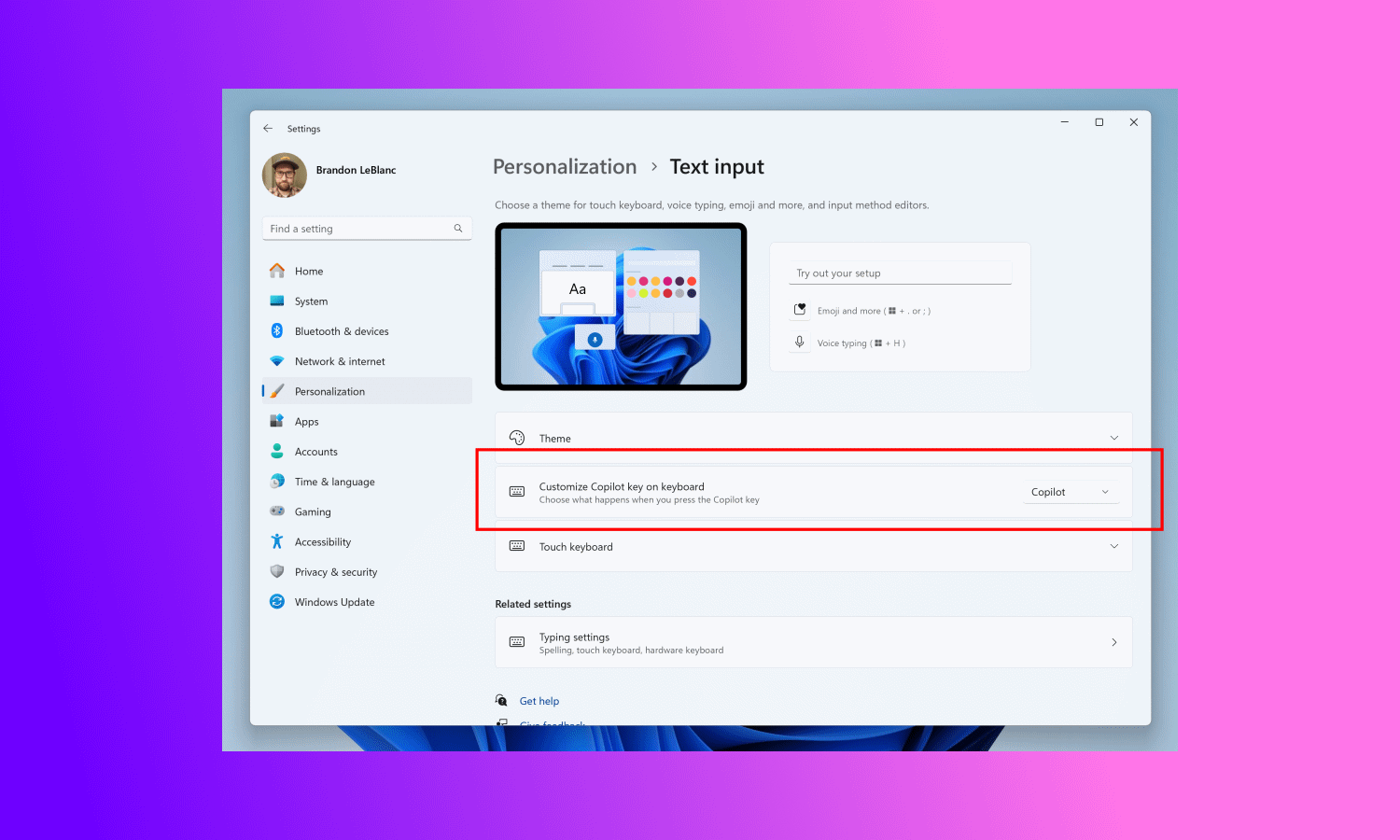
Tackling the business threat posed by deepfakes [Q&A]
AI has become an undeniable and powerful part of the digital landscape. It makes systems stronger and more automated -- but it also has the potential to present a threat.
Some 80 percent of executives believe deepfakes pose a risk to their business, yet only 29 percent say they have taken steps to combat them. We spoke to Patrick Harding, chief product architect at Ping Identity, to discuss the security threats posed by AI and the need to take steps to properly secure identity by adding additional layers of protection.

Plugable launches 15.6-inch USB-C Portable Display (USBC-PDMON) with integrated hub
Plugable has launched its first-ever portable monitor, the 15.6-inch USB-C Portable Display (USBC-PDMON). This display boasts a 1920x1080 Full HD IPS panel with a 60Hz refresh rate. It features integrated folding cover and stand, 85W pass-through charging, and two downstream 10Gbps USB-C ports for added versatility.
According to Plugable's CTO, Bernie Thompson, "We've created a portable display that is more powerful, flexible, and useful by getting rid of confusing legacy connectors and adapters and making the most of USB-C. IT managers and buyers can deploy this same portable monitor at scale in the office, for their hybrid and mobile staff, and in public spaces and trade shows."

Data resilience and protection in the ransomware age
Data is the currency of every business today, but it is under significant threat. As companies rapidly collect and store data, it is driving a need to adopt multi-cloud solutions to store and protect it. At the same time, ransomware attacks are increasing in frequency and sophistication. This is supported by Rapid7’s Ransomware Radar Report 2024 which states, “The first half of 2024 has witnessed a substantial evolution in the ransomware ecosystem, underscoring significant shifts in attack methodologies, victimology, and cybercriminal tactics.”
Against this backdrop, companies must have a data resilience plan in place which incorporates four key facets: data backup, data recovery, data freedom and data security.

It’s time to treat software -- and its code -- as a critical business asset
Software-driven digital innovation is essential for competing in today's market, and the foundation of this innovation is code. However, there are widespread cracks in this foundation -- lines of bad, insecure, and poorly written code -- that manifest into tech debt, security incidents, and availability issues.
The cost of bad code is enormous, estimated at over a trillion dollars. Just as building a housing market on bad loans would be disastrous, businesses need to consider the impact of bad code on their success. The C-suite must take action to ensure that its software and its maintenance are constantly front of mind in order to run a world-class organization. Software is becoming a CEO and board-level agenda item because it has to be.

The newest AI revolution has arrived
Large-language models (LLMs) and other forms of generative AI are revolutionizing the way we do business. The impact could be huge: McKinsey estimates that current gen AI technologies could eventually automate about 60-70 percent of employees’ time, facilitating productivity and revenue gains of up to $4.4 trillion. These figures are astonishing given how young gen AI is. (ChatGPT debuted just under two years ago -- and just look at how ubiquitous it is already.)
Nonetheless, we are already approaching the next evolution in intelligent AI: agentic AI. This advanced version of AI builds upon the progress of LLMs and gen AI and will soon enable AI agents to solve even more complex, multi-step problems.

The evolution of AI voice assistants and user experience
The world of AI voice assistants has been moving at a breakneck pace, and Google's latest addition, Gemini, is shaking things up even more. As tech giants scramble to outdo each other, creating voice assistants that feel more like personal companions than simple tools,
Gemini seems to be taking the lead in this race. The competition is fierce, but with Gemini Live, we're getting a taste of what the future of conversational AI might look like.

Watch a game of Minesweeper destroy Windows in real time
Minesweeper is a classic puzzle game that has been included in Windows operating systems for decades. The objective is to clear a grid of hidden mines using numerical clues to determine how many mines are adjacent to each square, requiring strategy and logical thinking to avoid detonating them.
But what if losing a game of Minesweeper actually destroyed your PC? That’s exactly what a new video shows.

Microsoft will let Windows 11 users remap the stupid Copilot key on their keyboard
If you’ve bought a computer or a keyboard recently, you may have spotted an extra key near the spacebar. The Copilot key is Microsoft’s attempt to push, prompt and encourage use of its AI-powered digital assistant, but not everyone is convinced.
Even if you are someone who sees the value in Copilot as a tool, you may well not feel the need to have a dedicated physical key to access it. Thankfully, Microsoft understands that the latest addition to keyboards is not something that everyone needs. As such, the company is testing the ability to remap the Copilot key.

Ubuntu Linux 24.10 Oracular Oriole Beta released for testing
Canonical has announced the availability of the Beta release for Ubuntu 24.10, codenamed "Oracular Oriole." This release includes Ubuntu Desktop, Server, and Cloud products, as well as various official flavors. The final version is expected to be released on October 10, 2024.
Ubuntu 24.10 Beta includes updated core packages, including the Linux 6.11 kernel. The Beta is considered stable enough for general testing, though users may encounter bugs, and feedback is encouraged to improve the final release.

Microsoft risks public backlash by backing controversial Three Mile Island nuclear reactor reboot
Constellation has entered into a bold 20-year power purchase agreement with Microsoft to relaunch the infamous Three Mile Island Unit 1 nuclear reactor under a new name -- the Crane Clean Energy Center (CCEC). The announcement comes just five years after the plant was shut down, with concerns about the economic viability and safety of nuclear power hanging over the decision. Microsoft’s involvement, part of its effort to decarbonize the grid, raises questions about whether nuclear energy is truly the solution.
The decision to restart Unit 1 brings up long-standing fears about nuclear energy -- especially given that the reactor is located next to the infamous Unit 2, the site of the 1979 partial meltdown. While Unit 1 was not directly affected by the disaster, many are likely to question whether restarting a decades-old nuclear reactor is the right move in an age of increasing renewable energy options.

Save $17! Get 'Not with a Bug, But with a Sticker' for FREE
In Not With A Bug, But With A Sticker: Attacks on Machine Learning Systems and What To Do About Them, a team of distinguished adversarial machine learning researchers deliver a riveting account of the most significant risk to currently deployed artificial intelligence systems: cybersecurity threats. The authors take you on a sweeping tour -- from inside secretive government organizations to academic workshops at ski chalets to Google’s cafeteria -- recounting how major AI systems remain vulnerable to the exploits of bad actors of all stripes.
Based on hundreds of interviews of academic researchers, policy makers, business leaders and national security experts, the authors compile the complex science of attacking AI systems with color and flourish and provide a front row seat to those who championed this change. Grounded in real world examples of previous attacks, you will learn how adversaries can upend the reliability of otherwise robust AI systems with straightforward exploits.

Deepfake fraud is on the rise say business leaders
Over half of C-suite and other executives (51.6 percent) expect an increase in the number and size of deepfake attacks targeting their organizations' financial and accounting data in the next year.
A new Deloitte poll shows that increase could impact more than one-quarter of executives in the year ahead, as those polled report that their organizations experienced at least one (15.1 percent) or multiple (10.8 percent) deepfake financial fraud incidents during the past year.

84 percent of enterprises suffered security incidents in the last year
According to a new survey, 84 percent of organizations in the enterprise sector spotted a cyberattack within the last 12 months, compared to only 65 percent in 2023.
The study from Netwrix shows the most common security incidents are phishing, user or admin account compromise, and ransomware or other malware attack.

CIOs need to anticipate future business challenges
The latest tech trends report from Info-Tech Research Group suggests that that CIOs will need to increasingly adopt forward-thinking strategies to anticipate and simulate future business scenarios.
"At the intersection of digital transformation and exponential AI growth, IT leaders are
entering a new era where forecasting probable futures will be just as critical as reporting on the past," says Brian Jackson, principal research director and lead author of the report. "Our 2025 Tech Trends report provides a roadmap for organizations to harness AI, quantum computing, and cybersecurity solutions to stay ahead of the curve."

Meeting the challenges of enterprise development [Q&A]
The rate of change in both technology and economic conditions can make it hard for CIOs to both innovate and satisfy the needs of the business.
We spoke to Ioan Iacob, founder and CEO of financial application specialist FlowX, to discuss the challenges of developing apps in the enterprise and how they can be addressed.
